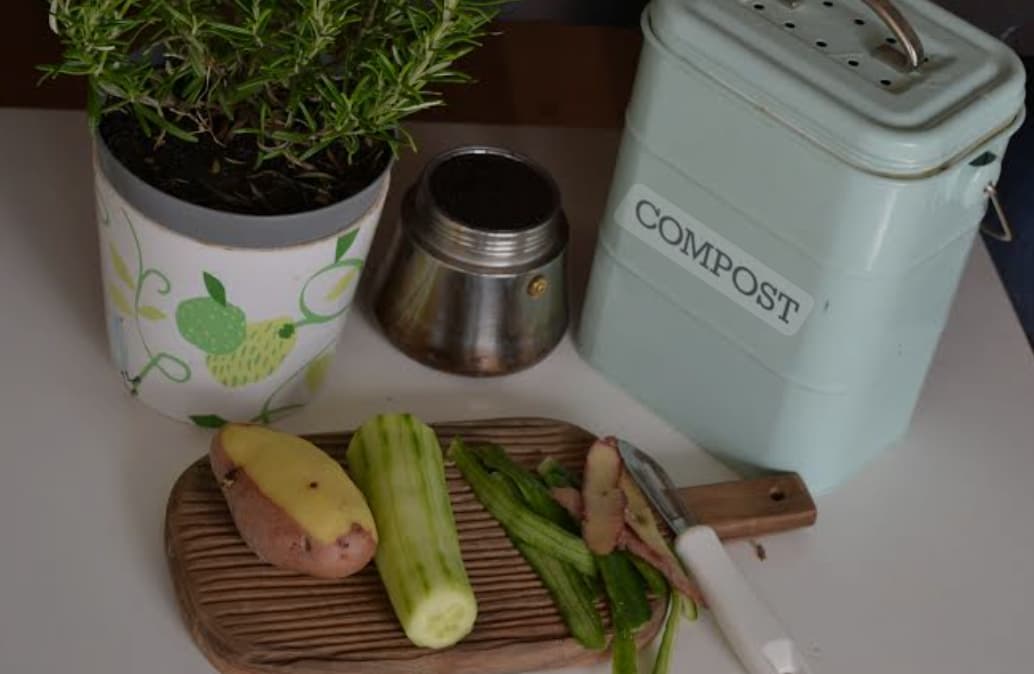How can I make compost during cold weather?
Composting during winter can be challenging due to the cold temperatures slow down decomposition, but by adapting some strategy you can have nutrient rich compost ready for spring. Here’s a few hacks, you can apply to keep your compost active:
-
Retain Heat in the Pile: Use an insulated bin to store your compost. You can wrap it with old blankets or tarp to retain heat. To retain more heat build a large compost pile
-
Chop Materials: Chop food scraps, leaves, and other materials into smaller pieces as smaller pieces break down faster and generate more heat during decomposition.
-
Maintain a Good Balance: Keep the carbon-to-nitrogen ratio balanced, as this is key to keeping your pile active. Add kitchen scraps to boost microbial activity during winter.
-
Add Hot Ingredients: Place sealed hot water bottles in the compost pile to maintain warmth. Add nitrogen-rich ingredients like fresh manure to boost heat generation.
-
Avoid Frequent Turning of Pile: Turning the pile frequently in winter can release heat. To retain warmth turn the pile less often.
-
Store Scraps Indoors: If outdoor composting slows significantly, store kitchen scraps in an airtight container or freeze them until you can add them to the pile when it’s more active.
-
Winter Worm Bin: Indoor vermicomposting bin is a perfect choice for small scale composting. Worms efficiently break down scraps without needing external heat.
-
Use a Trench: Bury food scraps directly into trench or a pit. The ground retains warmth, allowing decomposition to occur slowly.
